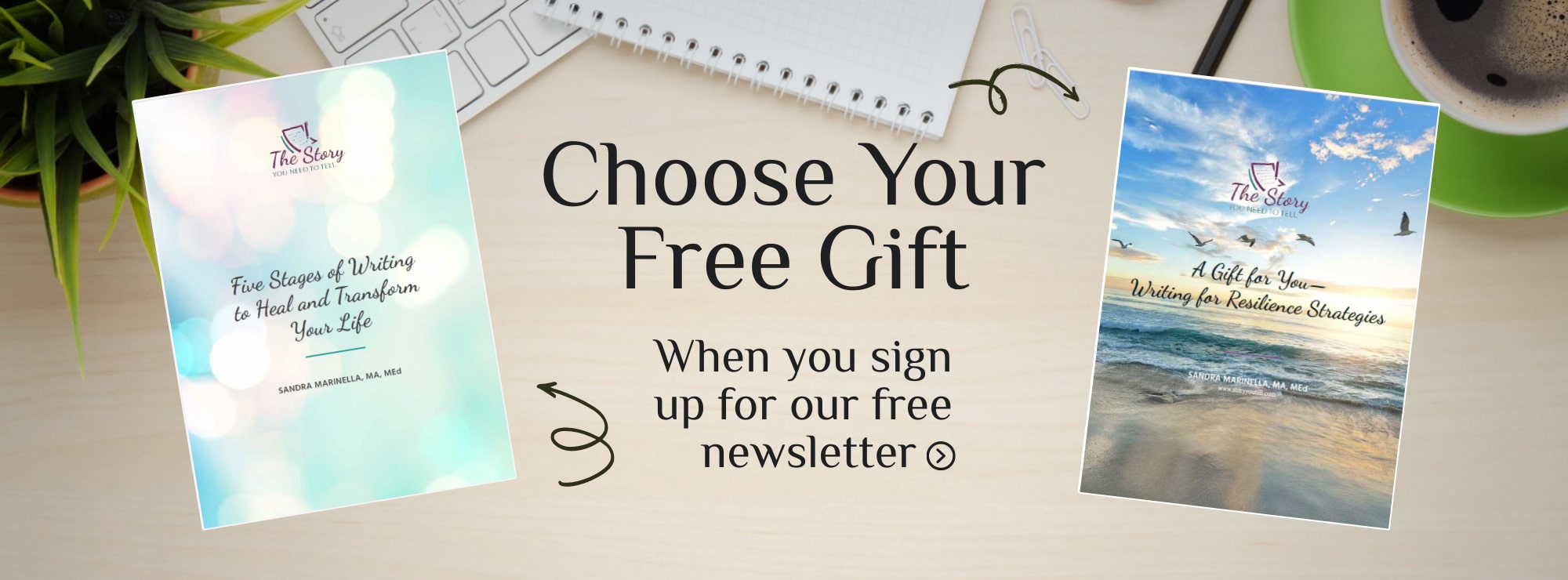Acts of Beauty
written by Billie Cox
In my extremely long life, I have witnessed ordinary people doing beautiful things for another. Sometimes it’s simple. This week a friend I rarely see emailed me an uplifting poem and mailed me a package filled with thought-provoking articles and a pair of socks that say, “More feminism, Less bullshit.” Hope, mental challenge, humor—I needed all 3. How did she know?
It’s beautiful when someone gives a gift unasked for, unexpected. One of my sister’s dearest friends was diagnosed with brain cancer toward the end of last year. Marilyn and Teresa had been close for over 50 years, sharing ups and downs, tears and laughter. So, when Teresa was faced with a flagging memory and complicated cancer treatment, Marilyn was there for her in spite of Teresa’s insistence that she needed no help, didn’t want to be a bother–all those things one says when unable to face the realities ahead. Marilyn delivered groceries, fed the cats, accompanied Teresa to doctor’s appointments and chemo-therapy, and took her to see an attorney to set up a will. And now she will write Teresa’s obituary. None of those tasks were easy; all of them were beautiful.
Another beautiful thing one can do for another is to give them hope. My daughter and son-in-law had one unsuccessful IVF experience and were unsure they could afford to do another in spite of how much they wanted a child. Over drinks at a happy hour, three of my friends said they wanted to help and each one contributed $1,000. Katie and Russ were overwhelmed since they had feared that parenthood was just not in the cards for them. Now they have twins who have three wonderful fairy-godmothers.
As a member of the Foster Care Review Board, every month I hear devastating stories about parents who are mired in drugs, alcohol, domestic abuse and consequently neglect their children or worse. Some of these parents manage to change their behaviors and re-gain custody; many do not. But I also hear stories about relatives and strangers who are willing to give these kids a loving home. One that stands out for me centered on a little boy, age 2, who due to shaken-baby syndrome had lost his sight and hearing. When it came time for his review, those of us on the board heard that his foster mother had brought him, and we really weren’t sure we were up to the task of seeing him in person. A young woman came in with a darling child who played with a toy during the meeting, laughing and sparkling the whole while. His foster mom had been his therapist and was now in the process of adopting him, a move that had cost her a relationship with a significant other who couldn’t face the challenges ahead. The gift of love is surely a beautiful act that one person can do for another.
All around us there are people doing beautiful things for others. We just have to pay attention, notice, and, hopefully, be inspired to join their numbers.

